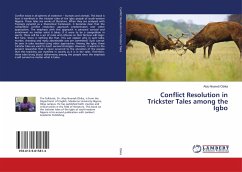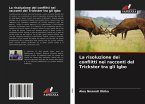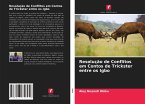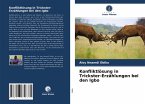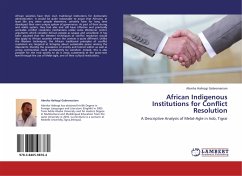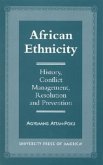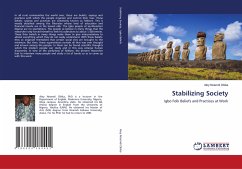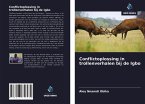Conflict exists in all spheres of existence -- humans and animals. This book is how it manifests in the trickster tales of the Igbo people of south-eastern Nigeria. These tales are works of literature. When they are analysed with Freytag's pyramid as a theoretical framework, it becomes clear that the competitive conflict resolution approach predominates over other approaches. The emphasis with this approach is personal survival and enrichment no matter what it takes. If it were to be a competition in sports, there will be a set of rules and referees so that fairness will reign. But here, there is nothing like that. This can explain why in such tales, murder, cheating and many abominable acts are committed. Such cannot be seen in tales resolved using other approaches. Among the Igbo, these trickster tales are used to teach survival strategies. However, it seems to the present researcher that it never occurred to the ancestors of the people that this teaching can manifest in society as it is in the tales. Therefore, these tales bring about disharmony among the people since the emphasis is self survival no matter what it takes.
Bitte wählen Sie Ihr Anliegen aus.
Rechnungen
Retourenschein anfordern
Bestellstatus
Storno

